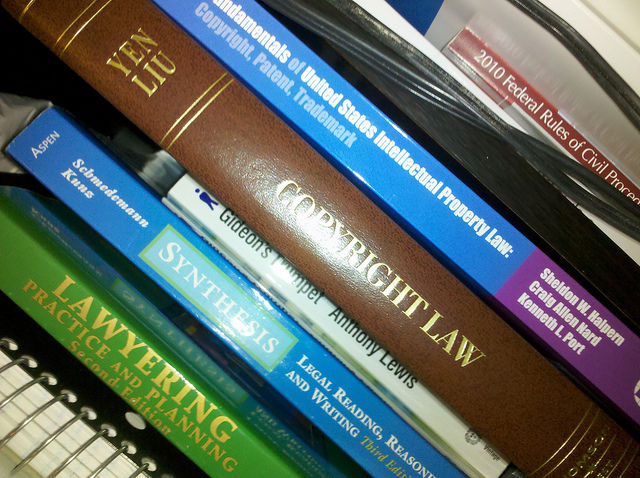 In recent years various copyright holder groups have adopted a “follow-the-money” approach in the hope of cutting off funding to so-called pirate sites.
In recent years various copyright holder groups have adopted a “follow-the-money” approach in the hope of cutting off funding to so-called pirate sites.
Part of this strategy are voluntary agreements between rightsholders, advertisers, and advertising agencies, with the goal of preventing ads from showing up on torrent sites and other pirate portals.
The Trustworthy Accountability Group (TAG) is a relatively new player which helps to facilitate these efforts. TAG coordinates an advertising-oriented Anti-Piracy Program and has already signed up several large companies across various industries.
A few days ago two large tech companies, Google and GoDaddy, joined up to TAG, with both taking the “Anti-Piracy Pledge.”
Speaking with TorrentFreak, TAG explained that Google has taken the pledge as an advertiser. This means that their own advertising services are not “validated” and approved just yet. However, this is something they are working on.
“Google has signed on as an advertiser by taking the Pledge. They are also actively working to become a self-attested DAAP for their ad delivery services,” TAG informs us.
By signing the pledge both companies agree to “take commercially reasonable steps to minimize the inadvertent placement of digital advertising on websites or other media properties that have an undesired risk of being associated with the unauthorized dissemination of materials protected by the copyright laws…”

The above means that future Google and GoDaddy advertisements may work more closely with TAG certified partners, which carry the “Certified Against Piracy” seal featured at the top of this article.
Once Google is approved as a self-attested Digital Advertising Assurance Provider, it can carry the same seal for its own services.
Becoming certified is not cheap. There is a registration fee of $10,000 and another $10,000 is required to carry the seal. However, TAG informs us that these costs can be waived for smaller businesses.
The MPAA applauds the steps taken by Google and GoDaddy and the Hollywood group hopes that more companies will follow in their footsteps.
“We also hope that more ad networks and intermediaries involved in the ad chain, like those run by Google, will come to the same conclusion – associating good brands with bad sites is bad business and harmful to creators and consumers,” MPAA’s Farnaz Alemi said.
Source: TF, for the latest info on copyright, file-sharing, torrent sites and ANONYMOUS VPN services.





 Käufer von Elektroautos können in Kürze eine Kaufprämie beantragen. Nach der EU-Kommission muss allerdings noch ein deutsches Gremium dem Zuschuss zustimmen. (
Käufer von Elektroautos können in Kürze eine Kaufprämie beantragen. Nach der EU-Kommission muss allerdings noch ein deutsches Gremium dem Zuschuss zustimmen. (
 Die Telekom hat weitere Ausbaustädte für Vectoring bekannt gegeben. Wer Vectoring will, zahlt in den ersten zwölf Monaten jeweils 39,95 Euro und danach monatlich 44,95 Euro. (
Die Telekom hat weitere Ausbaustädte für Vectoring bekannt gegeben. Wer Vectoring will, zahlt in den ersten zwölf Monaten jeweils 39,95 Euro und danach monatlich 44,95 Euro. (